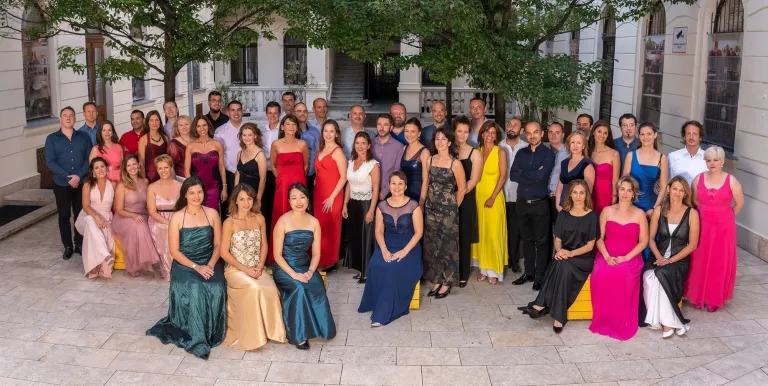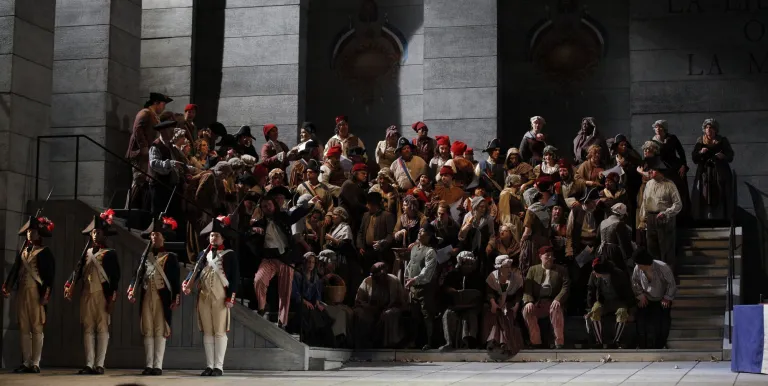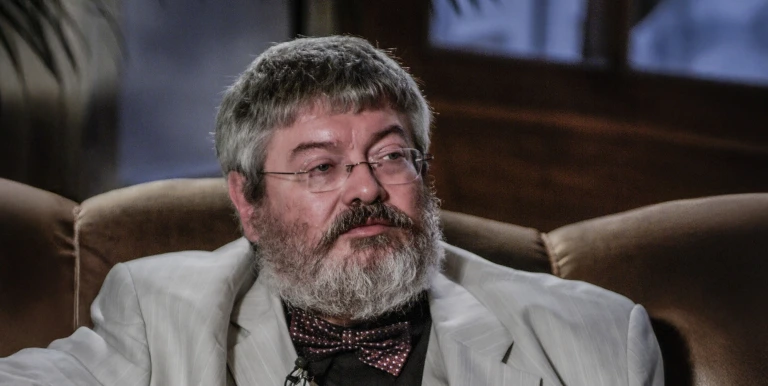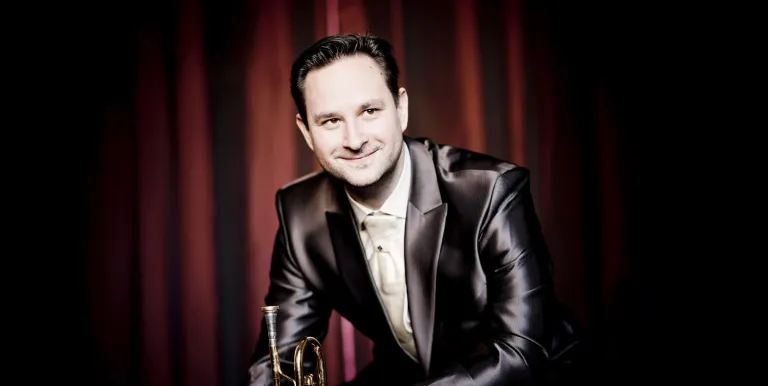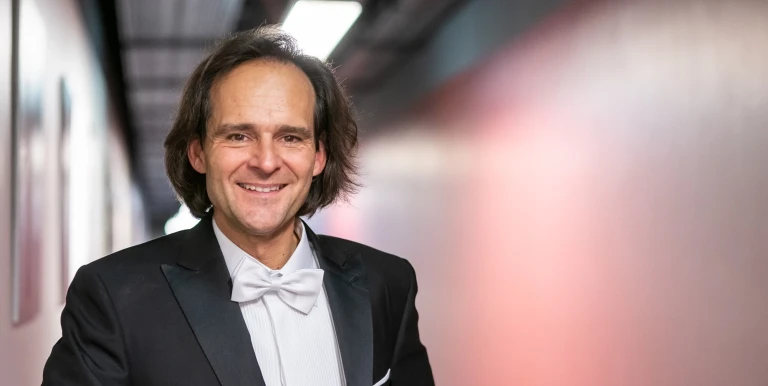Conductor:
Featuring:
Liszt
Piano Concerto No. 2 in A major
Liszt
Prometheus - symphonic poem
We would like, even during this extraordinary situation, for the Müpa Budapest audience to still be able to encounter the world's most outstanding and thrilling artists each evening - this time in their own homes. It is precisely for this reason that we will open Müpa Budapest's virtual concert hall and auditoriums - each night at the familiar times - by providing access to a single unforgettable performance from past years.
The performance will be broadcasted on our website and YouTube channel.
Liszt's two piano concertos, the E-flat major and the A major, relate to each other like a passionate older brother and a gentle younger sister. The symphonic poem Prometheus also brings a parallel to mind: the theme of the heroic figure from Greek mythology had also found its way to Liszt's great role model, Beethoven, who also later incorporated his incidental music for a theatrical piece depicting the thief of fire into a symphonic work. This concert at Müpa Budapest and the Budapest Festival Orchestra's Liszt-Berlioz Marathon presents the A major piano concerto and the symphonic poem Prometheus back to back.
Just like the E-flat major piano concerto, the A major took a long time for Liszt to form: the composer started to engage with the ideas he wanted to develop in the piece in 1839/40, and then, after a long hiatus, revised his work several times. The première took place in 1857, but the final version only emerged in 1861. The work consists of six parts linked to each other without interruption, with several different themes undergoing significant transformations throughout. The overall character of the work is more subdued and pensive than that of its E-flat major counterpart.
The core of Liszt's symphonic work consists of his 13 symphonic poems: with these one-movement works, representational in character and inspired by other branches of the arts or by the world of philosophy, the composer offered an alternative to what he considered to be the outdated genre of the symphony. Composed between 1850 and and 1855, the symphonic poem Prometheus evolved from incidental music he had composed for a drama by Johann Gottfried Herder; dramaturgically, it is based on the model of struggle and apotheosis that so often appears in Liszt's work.
The internationally acclaimed József Balog is an extremely virtuosic and quite versatile member of the middle generation of Hungarian pianists. Máté Hámori has led the Danubia Orchestra Óbuda, which was founded in 1993, since 2013.
Recording date: 4 February 2021
Presented by: Budapest Festival Orchestra, Müpa Budapest

